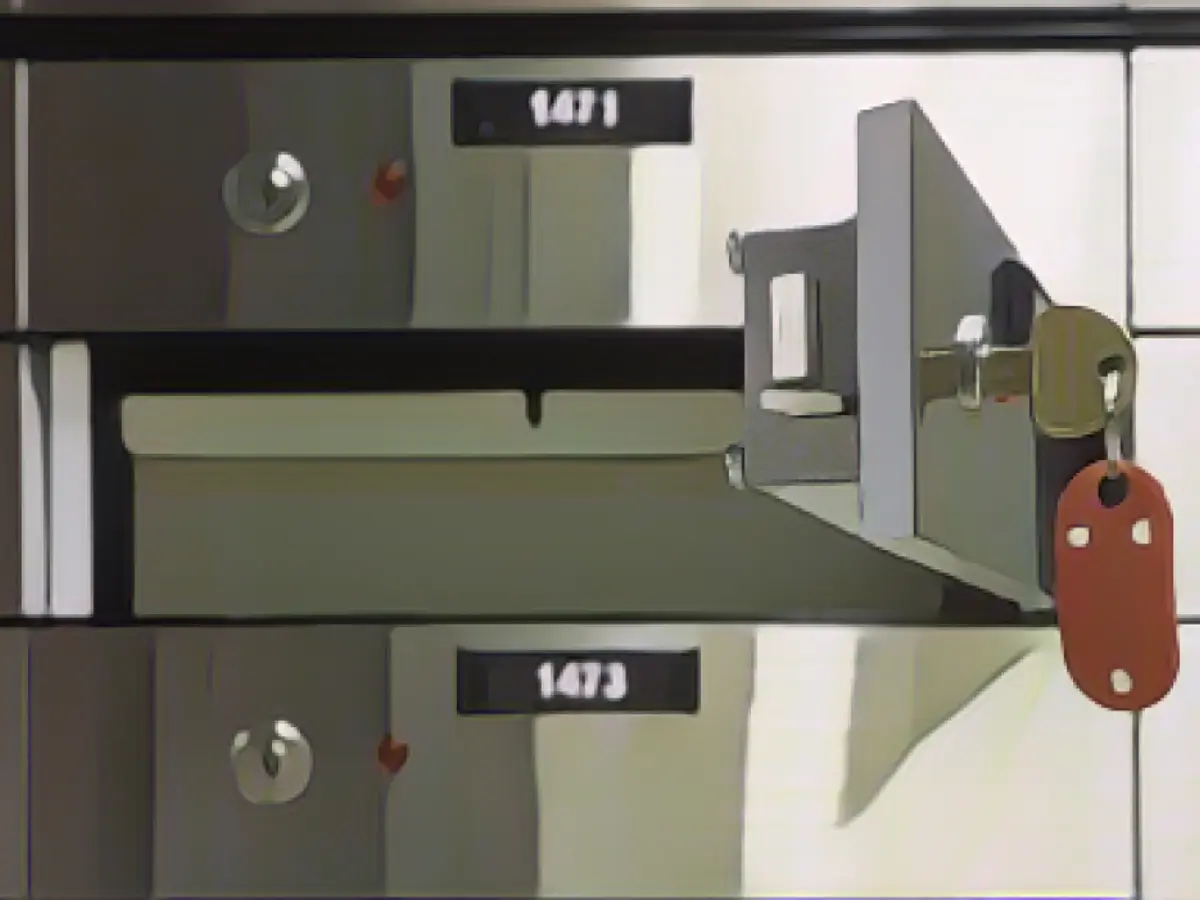Safe Deposit Boxes: A False Sense of Security
In movies and TV shows, banks and their safe deposit boxes are portrayed as impenetrable fortresses, where precious items are kept safe from invaders. In reality, the story is quite different.
It's a myth that safes hold the most protected possessions, especially when it comes to safe deposit boxes. Banks may view these lockers as more trouble than they're worth, and they're often under-regulated. There are no federal safe deposit box laws, making the situation even cloudier. The lease contracts with banks are usually short and filled with fine print, often limiting a bank's liability to a minimum.
Though safe deposit boxes might appear secure, they're not immune to certain conditions. The Office of the Comptroller of the Currency (OCC) outlines various scenarios in which a bank can access and even drill open a safe deposit box. These scenarios include:
- Legal Documents: In response to court orders and search warrants, banks have the power to breach a safe deposit box.
- Delinquent Payments: Unpaid fees can also induce banks to access the contents of a safe deposit box.
- Administrative Errors: In some instances, mistakes or clerical errors may prompt a bank to open a safe deposit box for inspection.
However, it's essential to have the contents of your safe deposit box insured. Though the Federal Deposit Insurance Corporation (FDIC) doesn't cover the safes' contents, your bank often won't take responsibility in the event of theft or damage.
If your bank plans to close your safe deposit box or even access your property, ensure you've received the proper notification. If your box has unexpectedly been opened, it's crucial to request documentation from the bank to prove that they followed the proper procedures. You need to act quickly to claim your belongings before the dormant period ends, which may vary depending on the state's laws.
It's possible to file a complaint with the Office of the Comptroller of the Currency if your bank is a national bank or Federal Savings Association. If the issue lies with a local bank, research the government agency responsible for overseeing banks in your area and contact them for assistance.
Though safe deposit boxes may seem like secure options, the reality is quite different. Keep in mind that banks have the power to access your box under specific circumstances, such as non-payment of fees or court orders. To ensure the safety of your valuables, it's recommended to consider alternative, more secure options, such as privately owned safe deposit boxes, that offer added protection for precious items.
Source:
Enrichment Data:
- Courts may grant access to safe deposit boxes in situations such as estate settlements, where the executor needs to access the contents.
- Banks may be required to disclose the contents of a safe deposit box in response to delinquent debts, tax issues, or legal actions.
- Bank failures could lead to the temporary closure of safe deposit boxes, requiring the protection of the property through insurance.
- In some jurisdictions, there are regulations that govern the handling and storage of safe deposit box contents, ensuring that the property is treated with care and protected from unauthorized access.




